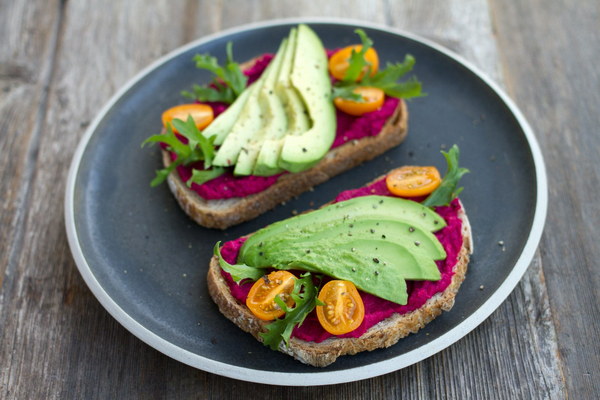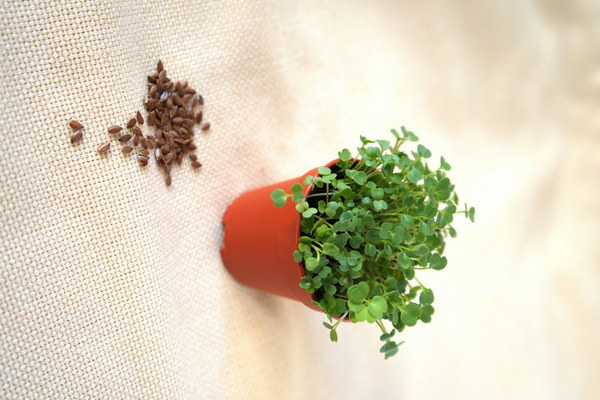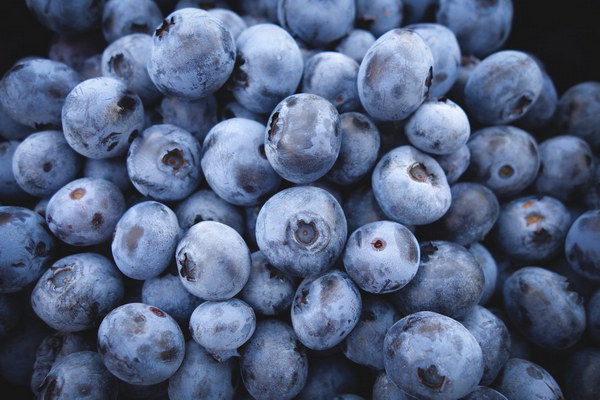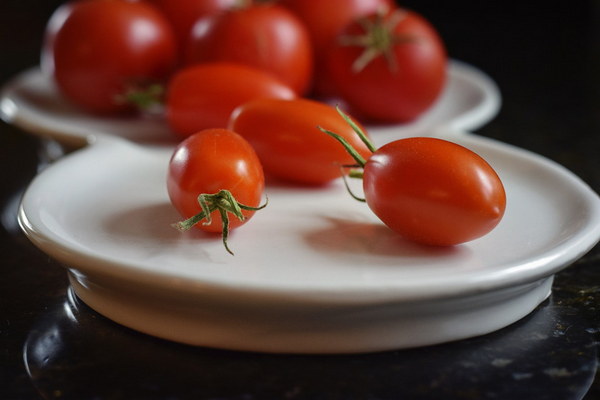Boost Your Kidney Health Nutritious Foods and Effective Practices
Introduction:
The kidneys play a crucial role in filtering waste products from the blood and maintaining fluid balance in the body. However, due to poor lifestyle choices and unhealthy diets, kidney health is often compromised. In this article, we will explore the best foods and practices to nourish and strengthen your kidneys, promoting overall well-being.

1. Nutritious Foods for Kidney Health:
a. Leafy Greens: Dark leafy greens such as spinach, kale, and Swiss chard are rich in antioxidants, vitamins, and minerals that support kidney function. These nutrients help reduce inflammation and protect against oxidative stress.
b. Berries: Berries like strawberries, blueberries, and raspberries are high in antioxidants and have been shown to improve kidney health. They can help reduce the risk of kidney disease and promote overall kidney function.
c. Nuts and Seeds: Almonds, walnuts, chia seeds, and flaxseeds are excellent sources of healthy fats, protein, and essential nutrients. These foods can help reduce the risk of kidney disease and improve kidney function.
d. Garlic: Garlic contains compounds that have been found to have beneficial effects on kidney health. It can help lower blood pressure and reduce the risk of kidney disease.
e. Fatty Fish: Fish like salmon, mackerel, and sardines are rich in omega-3 fatty acids, which have anti-inflammatory properties. Consuming fatty fish regularly can help improve kidney health and reduce the risk of kidney disease.
f. Tomatoes: Tomatoes are high in antioxidants and vitamin C, which can help reduce the risk of kidney disease and improve kidney function.
g. Watermelon: Watermelon contains a compound called citrulline, which can help improve kidney function and reduce the risk of kidney disease.
2. Effective Practices for Kidney Health:
a. Stay Hydrated: Drinking plenty of water is essential for kidney health. It helps flush out waste products and toxins from the body, reducing the risk of kidney stones and improving kidney function.
b. Limit Sodium Intake: Excessive sodium intake can lead to high blood pressure, which can damage the kidneys. Limiting sodium in your diet can help protect your kidney health.
c. Exercise Regularly: Regular physical activity can improve kidney function and reduce the risk of kidney disease. Aim for at least 150 minutes of moderate-intensity exercise or 75 minutes of vigorous exercise per week.
d. Manage Chronic Conditions: Conditions like diabetes and high blood pressure can damage the kidneys. It's crucial to manage these conditions effectively to reduce the risk of kidney disease.
e. Avoid Smoking: Smoking can increase the risk of kidney disease and worsen existing kidney conditions. Quitting smoking can significantly improve kidney health.
Conclusion:
Maintaining kidney health is essential for overall well-being. By incorporating nutritious foods and adopting effective practices, you can strengthen your kidneys and reduce the risk of kidney disease. Remember to consult with a healthcare professional before making any significant changes to your diet or lifestyle.









